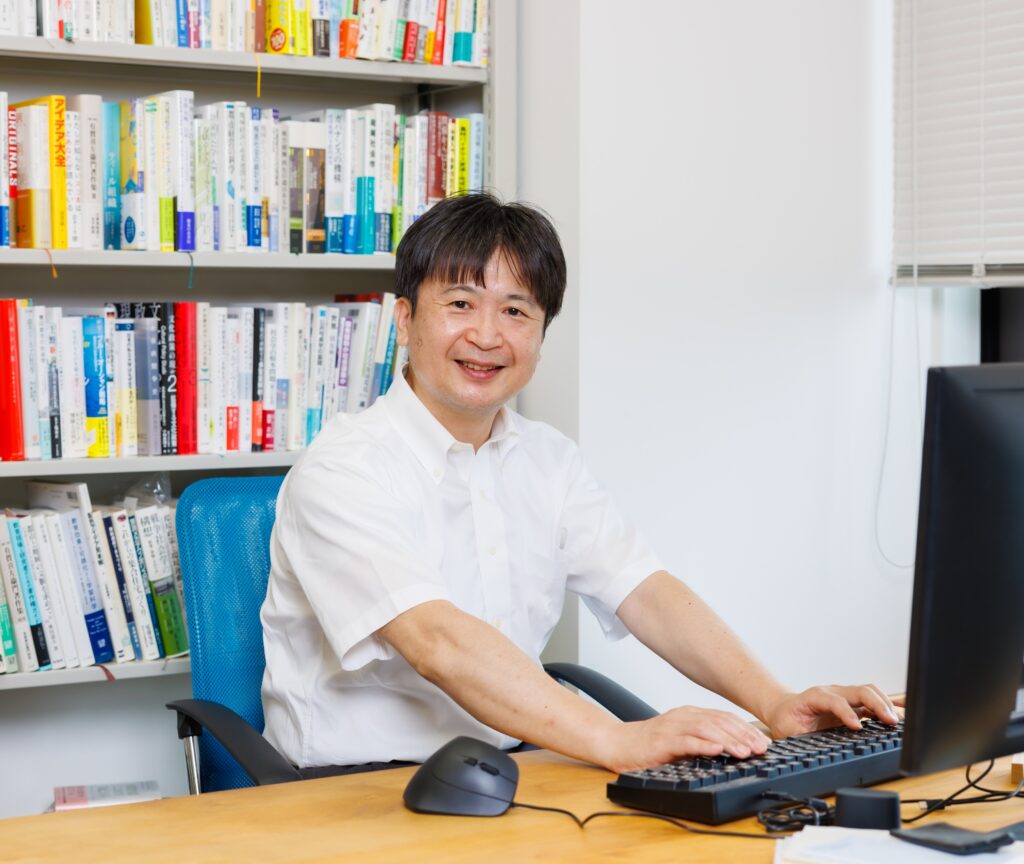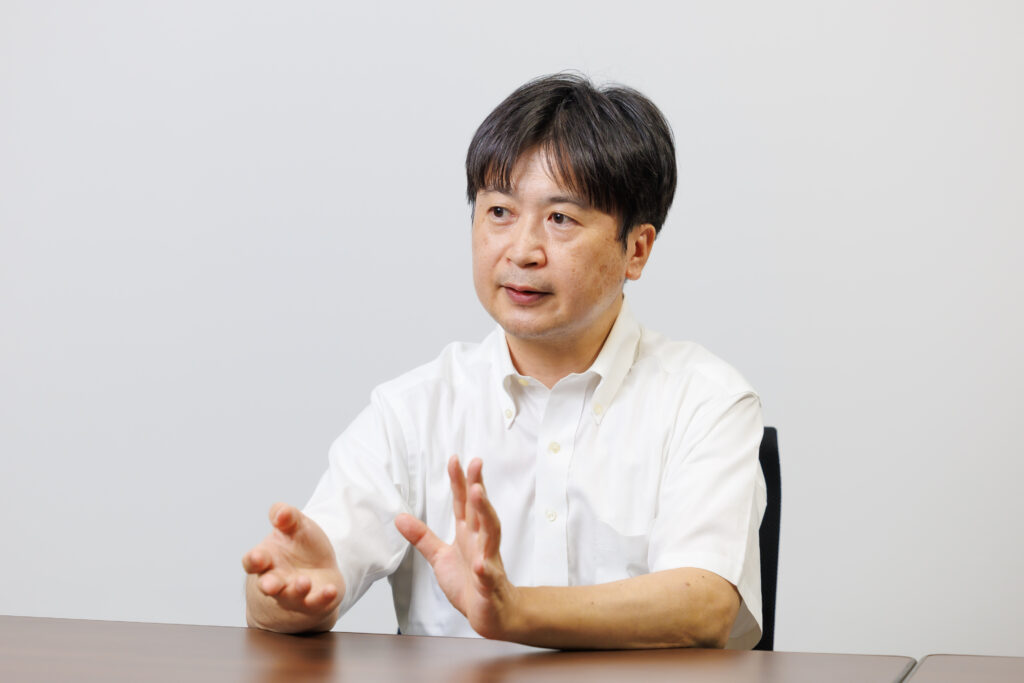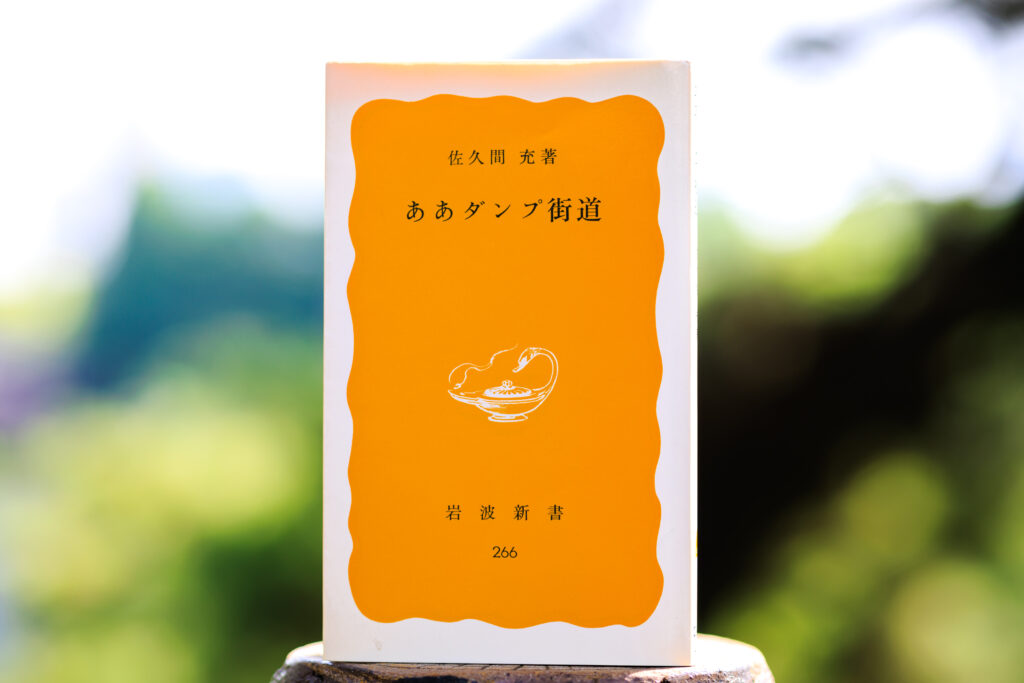
Coal was once at the heart of Japan’s energy sector, but has since diminished in prominence. Professor Hideo Nakazawa of the Faculty of Human Sciences interviews former coal miners and their families, and seeks to find ways to utilize their memories in future community design.
My field of expertise is community studies. My research focuses on the relationship between local communities and the energy industry—and on the coal industry in particular.
The Japanese coal industry was established in the late 19th century, and coal production grew rapidly from the 1930s onward. In Japan, as well as in other parts of the world, coal was referred to as the “black diamond,” and played a key role in the country’s post-war recovery.
Coal-mining regions were home to large populations—railroads were laid there, and housing complexes and schools built. To take one example, at its peak in the 1960s, approximately 120,000 people lived in the vicinity of Yubari Coal Mine in Hokkaido Prefecture, although it is located up in deep valleys and now only holds under 7,000 population.
From the mid-1950s onward, the inflow of cheaper coal and petroleum from overseas led to the decline of the Japanese coal industry. Coal mines were closed, and the ex-miners scattered across Japan.
The gratitude of coal miners

I began researching coal mines in 2006. I was a lecturer at Sapporo Gakuin University at that time, and there were records of surveys and interviews conducted at Yubari Coal Mine in the university archives.
By the 21st century, the Japanese coal industry was largely defunct, and so few academics focused on it as a field of research. But reading transcripts of these interviews, I came to doubt the propriety of consigning these people, who had helped define an entire age, to history.
Desiring to know what former coal miners were doing now, I searched for miners who would be happy to collaborate in my research. But I couldn’t find anyone in the beginning. When building their post-mining lives, they hid the fact that they were former miners.
Coal mining was viewed by society as a backward industry, and miners were looked down upon. They were a modern-day diaspora.
Yet a powerful solidarity exists between former coal miners. When one former miner chose to trust me, other miners were happy to trust me implicitly. And in time, many miners spoke to me of their experiences with tears in their eyes, and thanked me for shining a spotlight on their former industry.
Having witnessed first-hand the importance of researching the coal industry, in 2008 together with my fellow researchers I established the Japan Association for the Study of Former Coalfields. Since then, the association has worked to publish books, and to create networks linking coalmines in different locations across Japan and beyond.
Listening to the voices of minorities
Research into coal mines is important for many reasons. First, it allows us to create a pool of knowledge about one formidable and complex industry. In 2015, Miike Coal Mine in Fukuoka Prefecture was designated a UNESCO World Heritage as one of the Sites of Japan’s Meiji Industrial Revolution: Iron and Steel, Shipbuilding and Coal Mining. Knowledge of coal mines and coal mining is indispensable if we wish to understand the functions and meanings of such sites thoroughly.
Second, the tight-knit communities of coal mining towns offer insights for community design. Solidarity was not limited to men, but also existed among the women. For example, in 1960, when facing a polio pandemic in the mining neighborhood, the women worked together to pressure the government to import polio vaccines.
Third, coal mines can act as hubs for international interactions. Having experienced similar hardships, former coal miners have the ability to strike up immediate friendships, even if they come from different countries. International coal mining networks and comparative perspective resulting from this may help us see 20th-century capitalism from a new perspective.
There is also much we can learn from the diaspora experiences of coal mining families. There may come a time when we ourselves are forced to abandon our hometowns and scatter—as happened in the aftermath of the Great East Japan Earthquake and the ensuing Fukushima nuclear disaster.
In listening to the stories of coal miners we are not only able to empathize with their individual hardships, but also gain a macro perspective, to question what can be done by society and the government. And this, I believe, is the duty of sociology.
The book I recommend
“Aa Dampu Kaido”(Oh, dump truck highway)
by Mitsuru Sakuma, Iwanami Shoten

In the 1980s, some national routes were the scene of noise, pollution, and numerous traffic accidents, and known as “Dump Truck Highway.” Sakuma shone a light on this social issue by interviewing both the residents living along the highway and the dump truck drivers. When I was a university student, I found this tome on my father’s bookshelf—it opened my eyes to what sociology was capable of.
-
Hideo Nakazawa
- Professor
Department of Sociology
Faculty of Human Sciences
- Professor
-
Professor Hideo Nakazawa graduated from the Faculty of Letters, The University of Tokyo, and received his Ph.D. in sociology from the university’s Graduate School of Humanities and Sociology. After working as a lecturer at the Department of Social Information, Sapporo Gakuin University, as an associate professor at the Faculty of Letters, Chiba University, and as a professor at the Faculty of Law, Chuo University, he was appointed to his current position in 2022.
- Department of Sociology
Interviewed: July 2022